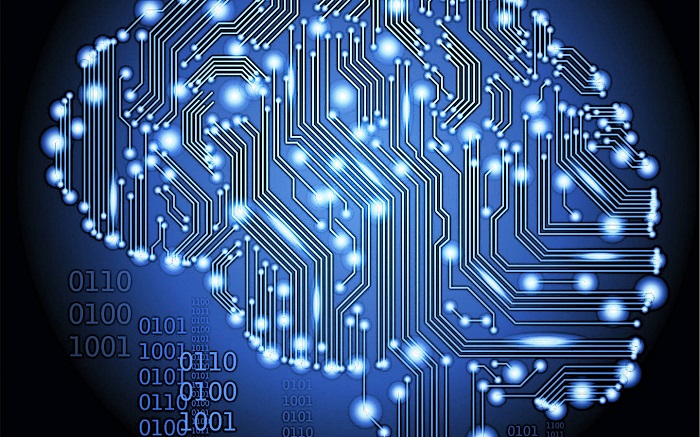Software, computers, machines, and processing techniques have all become increasingly sophisticated, and the biggest reason why is advancements made in the field of artificial intelligence (AI).

As these technologies have progressed, so, too, has the general public’s understanding of AI as its own entity. Speaking to the rapid pace with which this new technology is being developed, a host of definitions, terms, and phrases has been published to better identify the many nuances that AI offers.
Two phrases in particular, though, are often incorrectly used as an alternative to AI: natural language processing (NLP) and machine learning (ML).
To clarify the differences between them, here’s a (very) short (and easy-to-remember) summary:
AI = systems that can do intelligent things
NLP = systems that can understand language; NLP is considered a strict subset of AI
ML = systems that can learn from experience; ML is a strict subset of AI
NLP with ML = systems that can improve upon their understanding of language(s)
So, with AI serving as the overarching umbrella for this new technology, what is the purpose of NLP and ML? That is, beyond the definition, what are they meant to do for the user/operator of the system?
To put it succinctly, NLP pursues a set of problems within AI. It is designed to comprehend the user’s request(s), so that the AI system can determine how best to perform the resulting task(s).
ML, meanwhile, is meant to solve an entirely different set of problems with AI. You see, AI systems are now being tasked with increasingly complicated tasks; specifically, those which require considerable knowledge in order to complete. In order to get that knowledge/understanding, learning is necessary. So, ML is essentially the storage of previous data/experience for the AI system to draw upon. A bit more straightforward: ML allows the AI system to draw upon previous experience when performing the same or otherwise similar tasks.
Looking ahead, AI will likely lead to the development of newer definitions and phrases, especially as it makes its way into the developing Internet of Things. It's an exciting new venture and, with the proper cultivation of subsets like NLP and ML, can become a technology that changes the way consumers interact with the gadgets and systems in their everyday lives and the way in which businesses manufacture goods and provide services.
Advertisement
Learn more about Electronic Products Magazine





